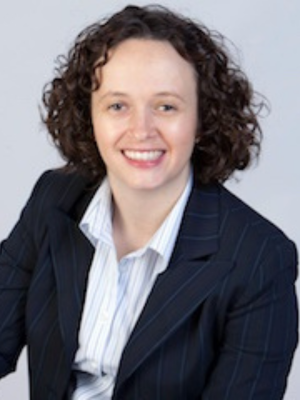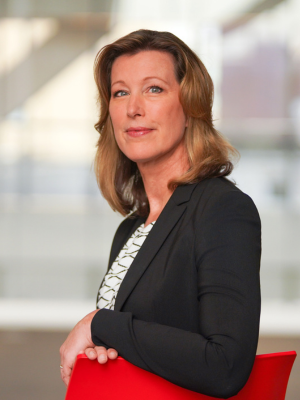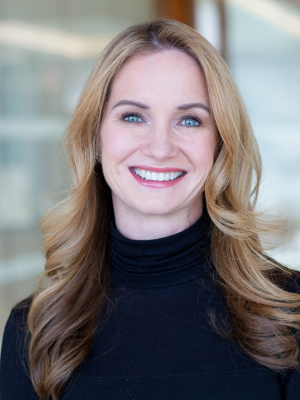 It is the end of November, and we are closing out the year thankful the U.S. election cycle has wrapped, yet still reeling from natural disasters, several wars, and mind-bending news regarding sex trafficking allegations from rap music to US politics. Here in the U.S., it’s Thanksgiving—a holiday that can be joyful for some, somber for those mourning the loss of loved ones, and stressful, especially for professional women juggling hosting and cooking responsibilities.
It is the end of November, and we are closing out the year thankful the U.S. election cycle has wrapped, yet still reeling from natural disasters, several wars, and mind-bending news regarding sex trafficking allegations from rap music to US politics. Here in the U.S., it’s Thanksgiving—a holiday that can be joyful for some, somber for those mourning the loss of loved ones, and stressful, especially for professional women juggling hosting and cooking responsibilities.
With only so many hours in the day, being a professional woman in the sandwich generation—juggling the care of both children and aging parents—is undoubtedly one of the most challenging roles in today’s society. Balancing the demands of a career with the responsibilities of raising children and providing for elderly parents can lead to overwhelming stress, fatigue, and even parental or professional burnout. Women burn out at a higher rate than men due to many societal and organizational factors – including “broken rung” issues whereby women still get paid and promoted less than male counterparts during the entire span of their careers. After almost twenty years of exploring extrinsic elements and cultural enablers and disablers for advancing women at work, we can conclude that progress is mixed at best. This article, instead, focuses on how to thrive—rather than merely survive—the onslaught of the holidays as we can reflect on progress during the annual Year-End Review.
Prioritizing Self-Care
One of the most important things to remember is that taking care of yourself is not selfish — it’s essential. Nutrition and exercise are long term strategies as we know that you cannot pour from an empty cup. When you prioritize self-care, you are better able to care for your family and meet the demands of your career. We have all heard the ways to practice self-care which can include scheduling “me time” such as walks, baths, massages and anything that falls into the recharge category. This can be a little boost and certainly worth doing while also understanding that these “fixes” are temporary and usually short lived. Think of it as an “app” – it is great to use apps, and they can be helpful, but looking at the operating system and seeing what needs to change in how you approach your life generally, is really key to getting the longer-term support and rejuvenation you might be seeking.
Without sounding trite, maintaining a balanced diet is a crucial part of self-care—but anyone managing a busy schedule knows how challenging it can be when you’re constantly on the go. Right now, my children are outside my office door, and I will be required to stop typing and rattle some pans soon- sound familiar? Be aware of prepared meal services as they are an under-regulated industry and often high in sodium and other hidden unhealthy or even toxic ingredients. Physical activity is a proven stress buster. Somatic exercises that involve shaking can clear stress and trauma. Even a short daily walk can help clear your mind and boost your mood while building you bones and heart health for decades to come. Exercise also helps sleep and along with some new habits regarding phone and screen boundaries, you could feel the benefit of this change before 2025 even begins. Look for the wins. Social support, journaling and breathing all has been reported and researched as useful.
Setting Boundaries — At Home and at Work
As a working mom, one of the hardest things to do is say no. You may feel guilty about not being able to do everything for everyone, but learning how to set healthy boundaries is essential to avoiding burnout at work and home. If possible, communicate your needs for flexibility and remote work. However, be aware that in organizations lacking trust and supportive cultures, such requests may be met with resistance or even penalties. Assess your work environment carefully and understand your manager’s approach before addressing these needs. Despite news saying otherwise, only 33% of companies are requiring a full return to office with pundits indicating this could rise to 50% by the end of 2025. Hybrid is here to stay it seems. This is a fraught topic with more and more (white male) CEO’s mandating face time back in offices.
Even with remote work, the workload itself can feel like an impossible mountain on a daily basis. Organization and productivity hacks can be helpful in managing these demands. Dan Martell’s book Buy Back Your Time introduces the DRIP matrix, a tool that helps you identify not only what to delegate, but also what you can “replace” yourself on—tasks that seemingly only you can do. The deciding criteria for evaluation for keeping a task or hiring someone to do it is simply posing the question to yourself: ‘does this activity have high impact (production quadrant) and light you up?’
Not everything needs to be done today. Prioritize your most important tasks and break them into smaller, more manageable chunks. Recognize that it’s okay to let some things go or to reschedule less urgent matters. Use an Eisenhower matrix or a similar tool to help you parse the strategic from the important and the important from the urgent but not crucial. Play with time—it is a commodity that you can trade.
The same goes at home. If possible, divide household responsibilities among your partner, children, and even extended family members. Don’t shoulder all the caregiving alone. Your partner may not know what you need unless you clearly communicate it. Other tactics include using outside help—if it’s feasible, consider hiring help for household chores, childcare, or even caring for your aging parent. If this isn’t in your budget, explore community resources or family support to lighten the load. Try to remember to ask for help. Eve Rodsky is really the most enjoyable author to turn to regarding “Fair Play” and she has a podcast and even a set of cards to use as a practical tool with your spouse. Early holiday gift? The mental load is real and even happens in LGBTQ families.
Give Yourself Grace
Over the holiday, leave the dishes for a while and see if others step in. Spend time with your children or elderly parents doing mostly things you enjoy. Laughing together, playing games, and sharing meaningful moments can help replenish your emotional reserves.
Being a working mother in the sandwich generation is undoubtedly challenging, as is being a professional woman without kids as the constant to-do list is there always. By setting boundaries, prioritizing self-care, practicing time management, and seeking support when needed, you can manage the stress and responsibilities that come with your multiple roles. Remember, you are not alone in this journey. Embrace strategies that work for you and allow yourself grace as you navigate the balancing act of family, work, and caregiving. Taking care of yourself isn’t just important — it’s essential for your long-term well-being and the well-being of those you care for. We need a better system but, in the meantime, let’s win where we can?
Happy Holidays from theglasshammer team.
Nicki Gilmour is the Founder and CEO of theglasshammer and is a coach and organizational development expert. We have several vetted qualified coaches specializing in different areas from career navigation to leadership development- please click here to book a time to speak if you are an HR professional looking to hire us for leadership development or a professional woman looking for a career coach proactively, we work with varying levels from VP to SVP/ C- suite.


